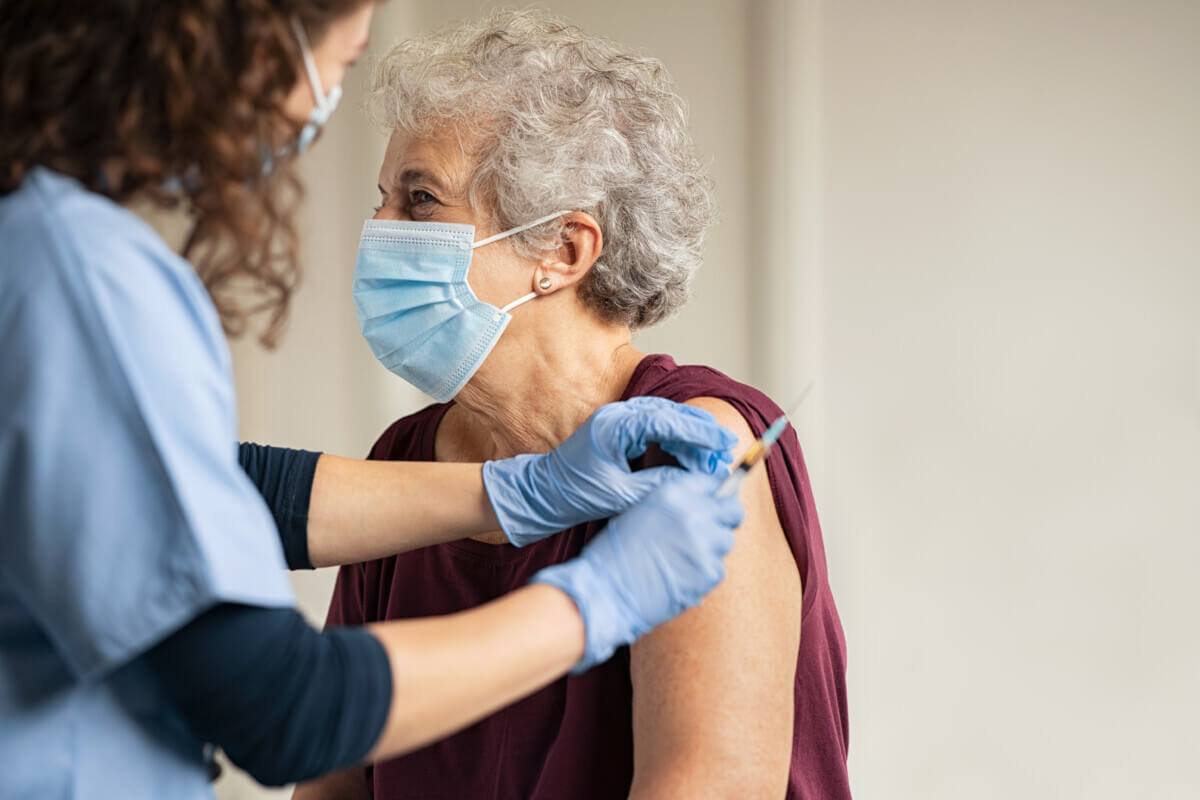
(© Rido - stock.adobe.com)
PORTLAND, Ore. — Older adults don't produce as robust an immune response and antibody count in response to COVID vaccination as younger individuals, according to a new study. As such, study authors from Oregon Health & Science University conclude their findings mean it is that much more important to increase overall vaccination rates. That way, vaccinated older individuals will be at less risk.
“Our older populations are potentially more susceptible to the variants even if they are vaccinated,” says senior author Fikadu Tafesse, Ph.D., assistant professor of molecular microbiology and immunology in the OHSU School of Medicine, in a university release.
To be clear, researchers stress that even though older adults show a lower antibody response to vaccination, vaccines are still quite capable of stopping infection and severe illness in most people of all ages.
“The good news is that our vaccines are really strong,” Prof. Tafesse adds.
Higher vaccination rates may cut down on COVID variants
More vaccinations mean less overall COVID transmission and less of a chance of new variants emerging, two developments that can place older vaccinated adults at serious risk.
“The more people get vaccinated, the less the virus circulates,” Tafesse continues. “Older people aren't entirely safe just because they're vaccinated; the people around them really need to be vaccinated as well. At the end of the day, this study really means that everybody needs to be vaccinated to protect the community.”
To reach these findings, researchers measured the immune response among 50 people two weeks after receiving the Pfizer COVID vaccine. Researchers separated the subjects by age before exposing their blood samples to both the original “wild-type” SARS-CoV-2 virus and the P.1 variant (gamma) first detected in Brazil.
The youngest tested individuals in their 20s showed a nearly seven-fold increase in antibody response in comparison with the oldest subjects (70-82 years-old). Moreover, the results displayed a clear progression in terms of immune response and age. The younger the person, the stronger the response.
“Older people might be more susceptible to variants than younger individuals,” Prof. Tafesse notes.
“The vaccine still produces strong immune responses compared with natural infection in most older individuals, even if they are lower than their younger counterparts,” concludes study co-author Marcel Curlin, M.D., associate professor of medicine (infectious diseases) in the OHSU School of Medicine. “Vaccination in this group may make the difference between serious and mild disease, and likely reduces the chances of transmitting SARS-CoV-2 to another person.”
The study is published in JAMA.










